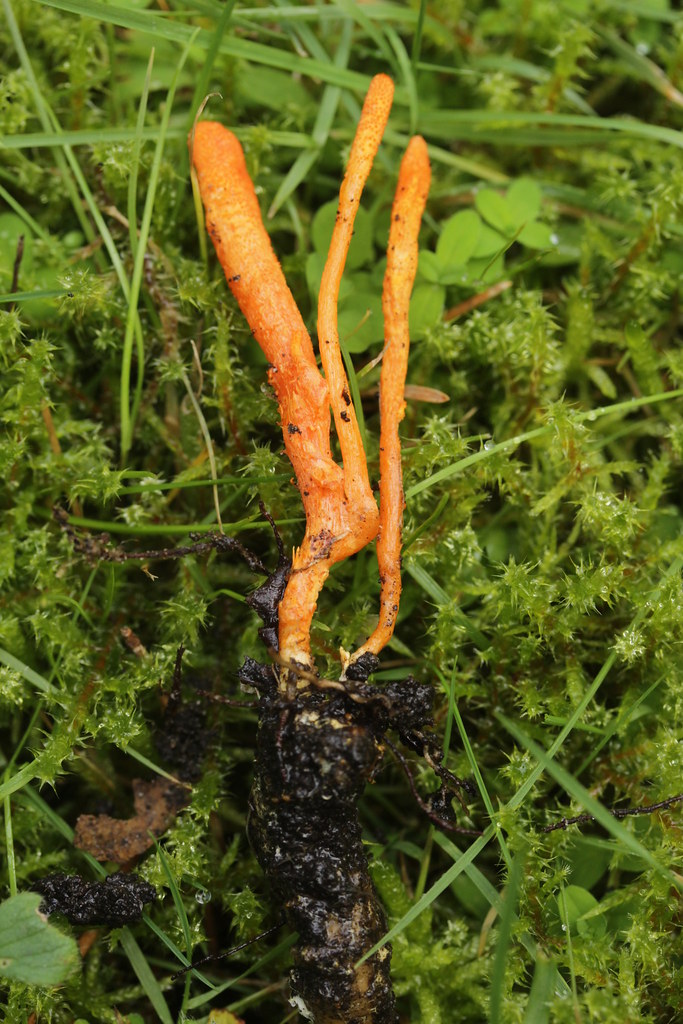According to a report by the Indo-Pacific Centre for Strategic Communications (IPCSC), Chinese troops have repeatedly trespassed into Indian territory to gather a fungus that is reportedly more valuable than gold.
The Cordyceps fungus, which is found in both the Indian Himalayas and the Qinghai-Tibetan plateau in southwestern China, is highly sought after by the emerging Chinese middle class for its supposed medicinal properties, including the treatment of impotence and digestion issues.
According to a report by the Indo-Pacific Centre for Strategic Communications (IPCSC), Chinese soldiers from the People’s Liberation Army have been illegally entering India’s Arunachal Pradesh region to collect these valuable fungi.
China is the largest producer and exporter of cordyceps, but the IPCSC report states that the country’s harvest of the fungus has declined in recent years due to over-harvesting caused by increasing demand and diminishing resources.
Cordyceps grow on the larvae of insects and therefore are called parasitic fungi. When cordyceps infect an insect, they take over their body and eventually sprout from the corpse. Cordyceps sinensis, which grows in the Himalayas, parasitizes the larvae of ghost moths. It grows from the head of the caterpillar which is why it is also given the name caterpillar fungus. It is very difficult to commercially cultivate the fungus, it is mostly harvested from the wild.
The Indo-Pacific Centre for Strategic Communications (IPCSC) reports that many towns in the Himalayas rely on the collection and sale of Cordyceps fungus as a primary source of income, with up to 80% of household income in the Tibetan Plateau and Himalayas coming from the sale of this fungus.
Reports of Chinese troops illegally entering India to collect Cordyceps are not new, and although these transgressions may not pose strategic concerns, they should be taken seriously.
The India-China border in the Northeast is known for the trade of exotic items, and even locals have been detained by soldiers from the other side for straying across the border. Many locals who are also employed as porters by the Indian Army may sometimes gather and hunt for local herbs and other items that can be sold for high prices on the international market.
Source: Times Now







